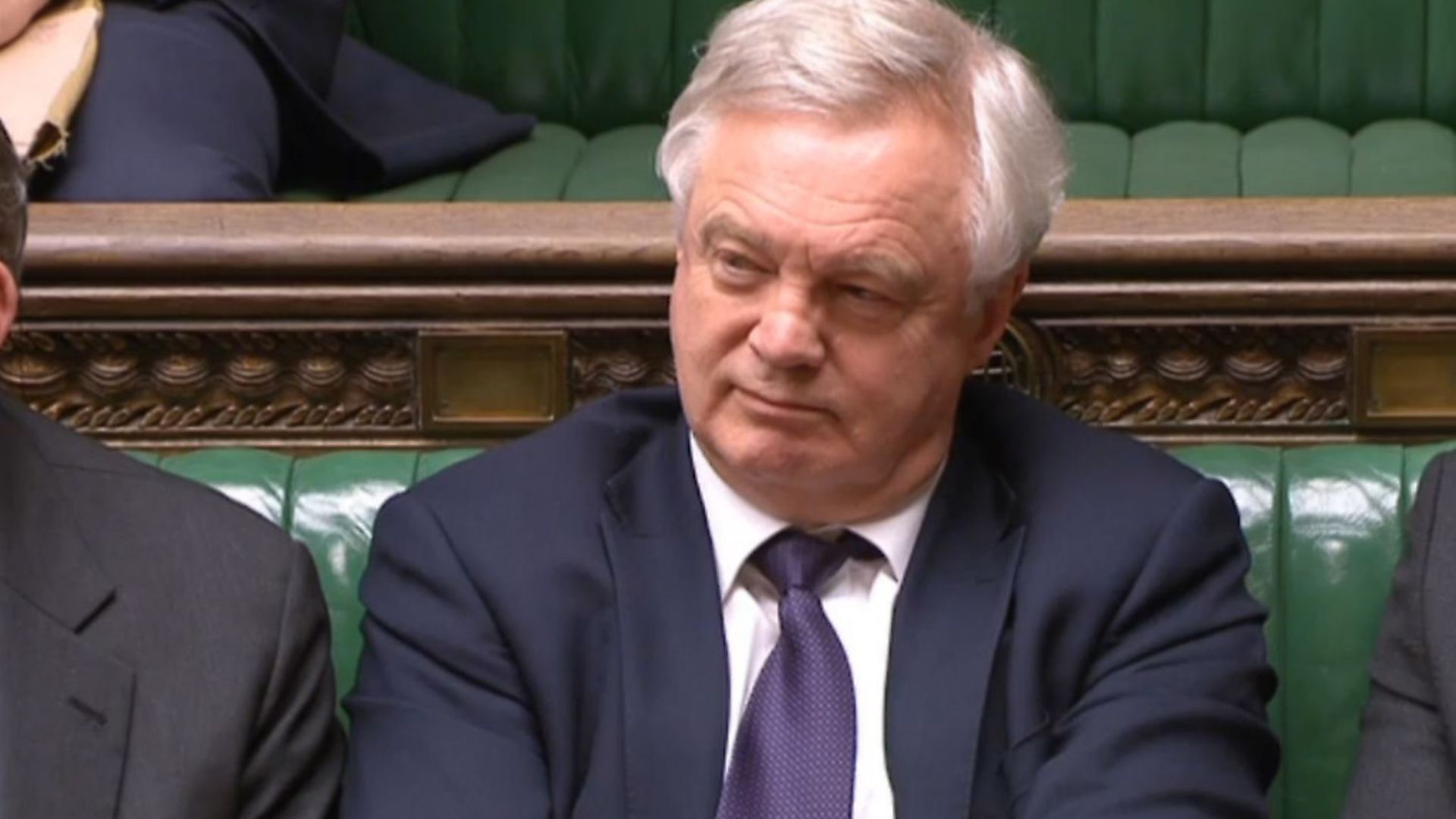
Boris Johnson’s honeymoon period after the general election appears to be over with growing discontent from Tory MPs over his decision to allow Huawei a role in building the UK’s 5G network.
Former Tory leader Sir Iain Duncan Smith has tabled an amendment which would ban “high-risk vendors” like the Chinese tech giant from the network after 2022.
The move has the backing of a number of prominent Conservative MPs including former cabinet ministers Damian Green and David Davis, the chair of the Commons Foreign Affairs Committee Tom Tugendhat and the chairman of the Tory backbench 1922 Committee Sir Graham Brady.
In a Commons Westminster Hall debate, Sir Iain said the decision had left Britain “friendless” among its Five Eyes security allies.
He compared it to letting “Nazi companies in Germany” to become involved in developing Britain’s radar systems at the start of the Second World War in 1939.
Have your say
Send your letters for publication to The New European by emailing letters@theneweuropean.co.uk and pick up an edition each Thursday for more comment and analysis. Find your nearest stockist here or subscribe to a print or digital edition for just £13. You can also join our readers' Facebook group to keep the discussion and debate going with thousands of fellow pro-Europeans.
Both Labour and the SNP – the two largest opposition parties – echoed the concerns, with shadow business minister Chi Onwurah saying they shared a “deep commitment to British security”.
The Tory rebels, however, deny that they are looking to defeat the government on the issue.
MORE: Why we should all be concerned about the return of David Davis
Instead, Tory backbencher Bob Seely, one of the MPs behind the move, said they were “laying down a marker” ahead of other legislation later in the year to establish a comprehensive telecoms security regime.
He said there was “growing momentum” within the party with “three or four MPs” expressing concern to the whips for every one likely to vote for the amendment next week.
“We want to work with the government, not to defeat it. We want to co-operate with the government to get a better solution,” he told the PA news agency.
The government has sought to allay criticism, insisting that Huawei’s involvement would be restricted to providing 35% of the network’s “non-core” elements.
Digital infrastructure minister Matt Warman told MPs the government’s “long-term goal” was to reduce their reliance on high-risk vendors.
However, he said they were currently faced with a “very narrow choice of suppliers” and that any timetable “must be contingent of diversification in the market”.
A Downing Street spokesman said: “We have been clear that our world-leading cyber security experts are satisfied with our approach and it won’t affect our ability to share intelligence.”









